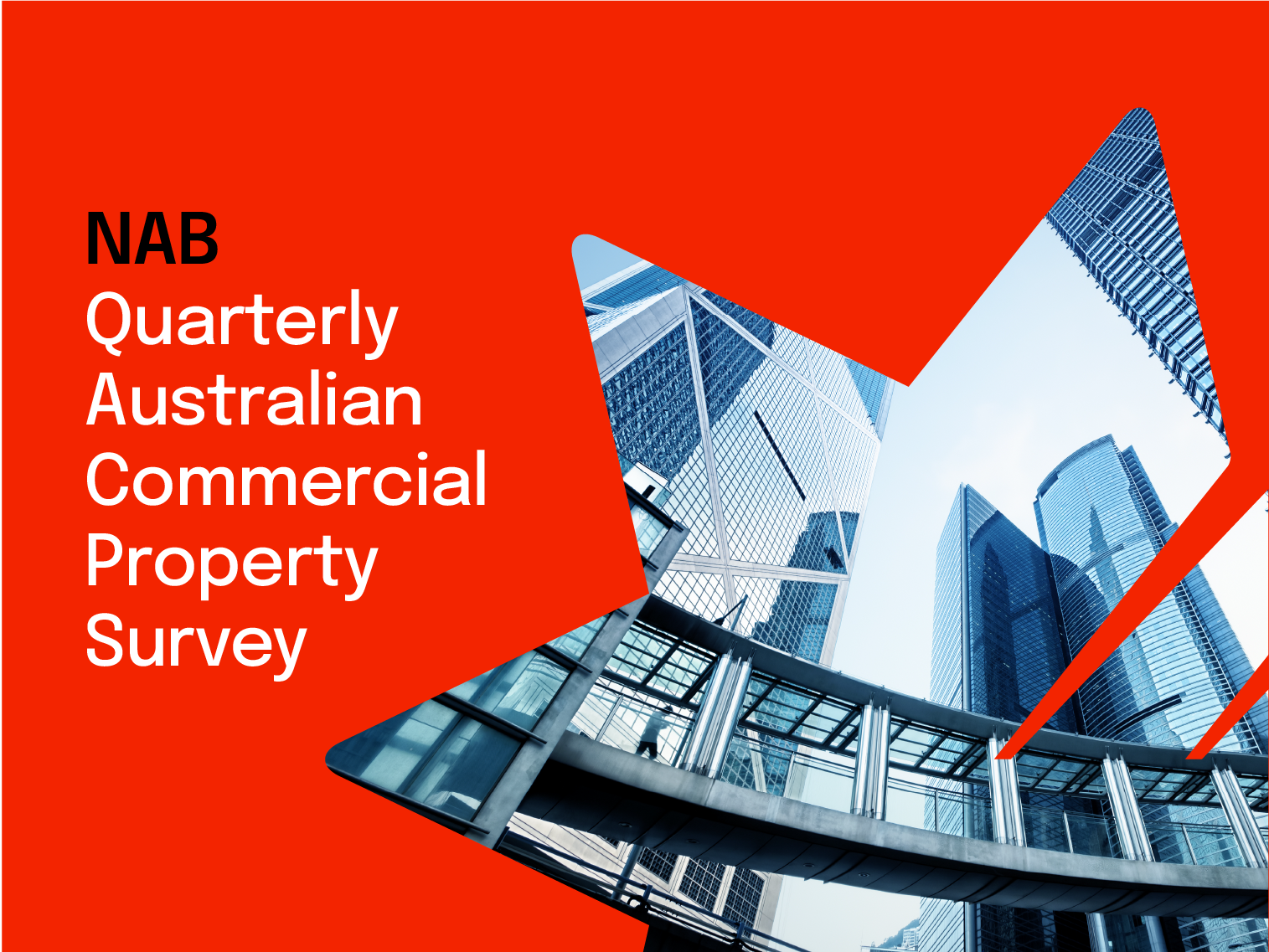Coming in for landing in a heavy cross wind


Insight
The NAB Commercial Property Index dipped sharply to a below average level in the June quarter as the economy tracked through a weak period of growth and business conditions waned. Sentiment weakened in all property market sectors - particularly retail property. Confidence also fell and was lower in all states bar WA with VIC the clear underperformer in all sectors - especially in office and retail markets.

Read the full report here: NAB Commercial Property Survey (Q2 2024)
© National Australia Bank Limited. ABN 12 004 044 937 AFSL and Australian Credit Licence 230686.